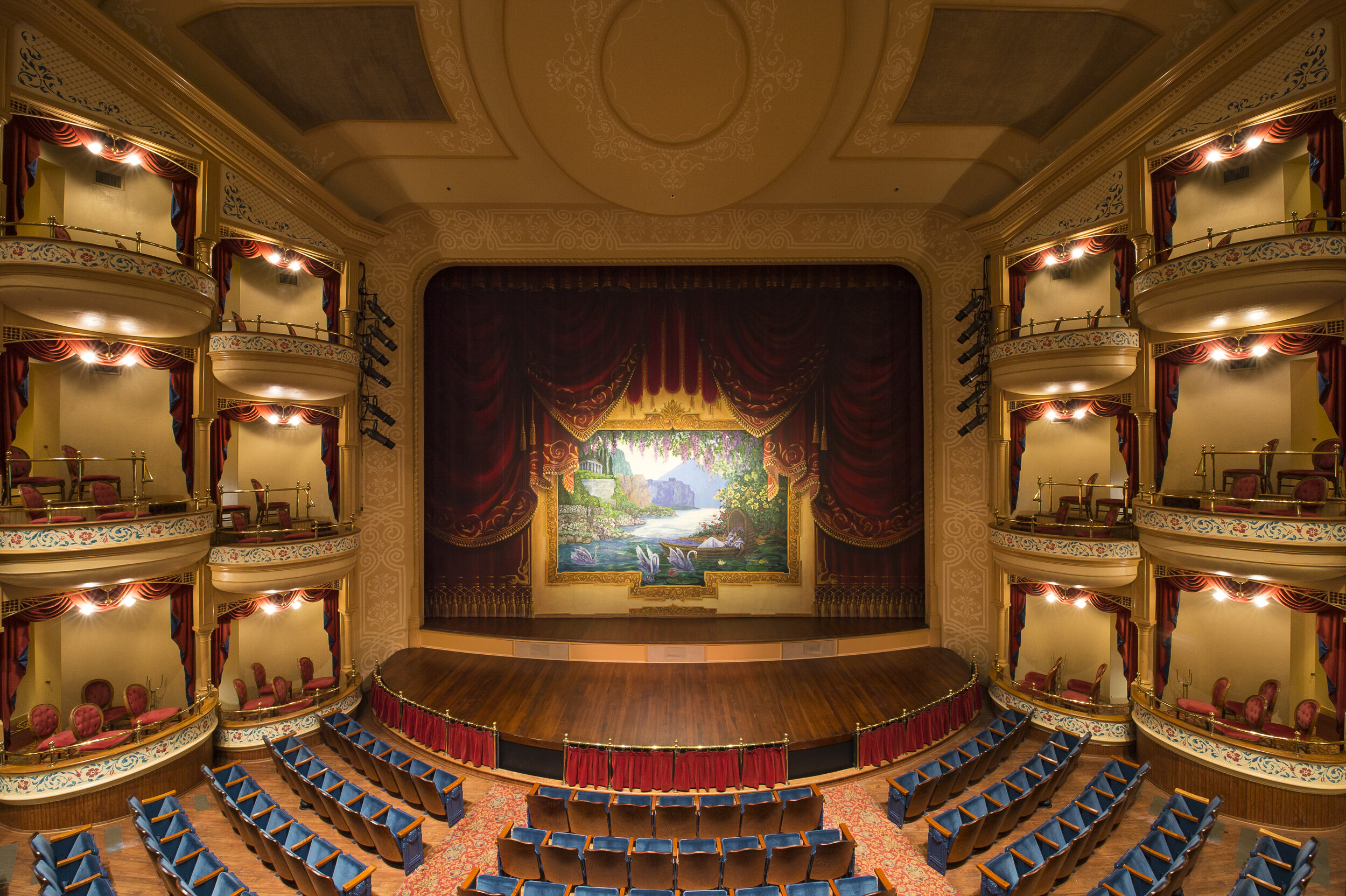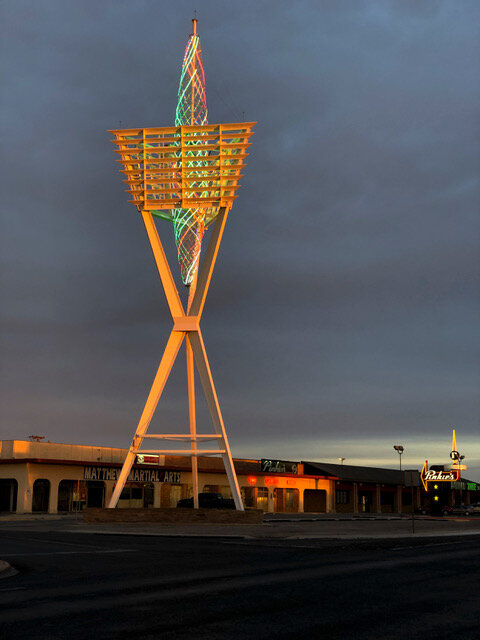Tool #1: Making the case for HOT funding of the arts
Understanding the positive impact that funding of the arts has on a community—and being able to make that case to fellow municipal leaders—is a fundamental tool.
Consider:
When (as a municipality) you maximize HOT funds for the arts, you foster a vibrant and dynamic arts and cultural community.
That vibrant and dynamic arts and cultural community increases the quality of life for residents and contributes to thriving tourism, hotel, and convention industries.
Access to the arts helps build healthier, safer, more resilient communities.
It’s important that you also see the positive impact the arts have on our state and municipal economies.
Economic Impact:
You’ll want to gather economic impact data and analysis to understand this impact more thoroughly. Check out the resources below for some places to start. In addition, information and data about tourism can support the case for arts funding. Below, you’ll also find a link to tourism and travel impact data provided by “Travel Texas,” Office of the Governor.
All of this defines/quantifies the benefit to the larger community you serve and its residents. It is that simple. Below find case studies that exemplify this benefit by speaking to the positive impact of HOT on Texas communities.
Where to Find HOT Data:
Curious about what other Texas cities and towns are doing? With the passage of Senate Bill 1221 in the 85th Texas legislative session, municipalities that impose municipal HOT must annually report their tax rates and revenue amounts to the Texas Comptroller, including the percentage of revenue allocated for specific uses—including the arts—from the preceding year. You can find the most recent data on the Texas Comptroller’s website (see resources below). To cut to the (arts) chase, we’ve created a spreadsheet (found at the bottom of this page) listing the municipal HOT for the arts from the municipalities that reported over the three years since the passage SB 1221—2017, 2018, and 2019. It is important to note that many Texas cities still do not comply with this reporting requirement. In such cases, you will want to review the City Annual Budget and talk to city staff to confirm their local hotel occupancy tax practices as they relate to the arts and other expenditure categories.
Toolkit Tip:
Consider reaching out to a municipal leader from a community of a similar size to yours (and even better if they’re in the same region) that has been administering HOT funds for a while. Ask questions, listen to their story, and learn from their experiences. You aren’t in this alone – connect with other leaders for advice and guidance.
Economic impact data and analysis:
Case studies:
Check out these Case Studies for real world examples of Tool #1:


















